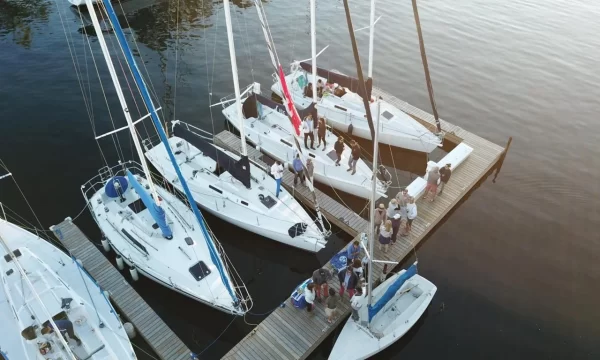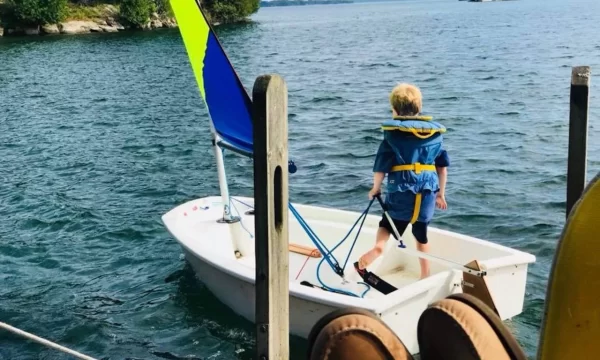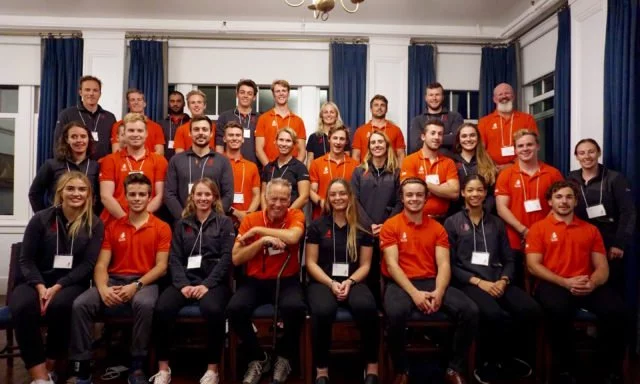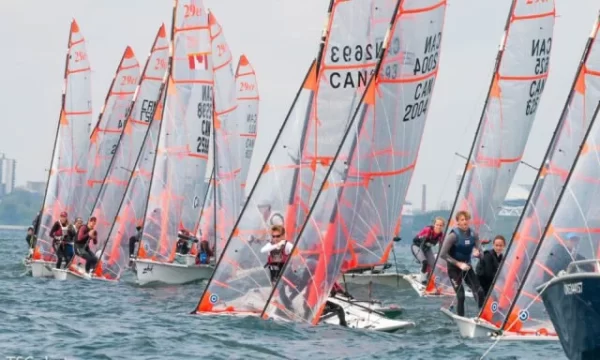As we turn the page on a year marked by Tokyo 2020 and start a new season, ÛÏOn DeckÛ conversation with Sail CanadaÛªs High Performance Director, Mike Milner.
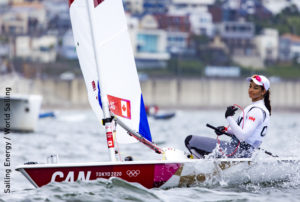
Before we go deeper into 2022, what is your analysis of the last year in terms of High Performance in Canadian sailing?
The Canadian Sailing Team and Development Squad saw progress and increased activity in 2021. We saw this progress at the Olympic Games, going from no Canadian in a medal race in Rio to two at the 2020 Games: Sarah Douglas in ILCA 6 and Tom Ramshaw in Finn.
While the Olympic team was in Tokyo, our development squads had training camps in San Diego, Long Beach, Rhode Island, Kingston and Halifax in 2021. Our National Training Centres hosted our development squad camps in 2021 and the sport science team supporting our athletes and coaches were integrated into our daily training environments. These training camps and this development training produced several outstanding results, ranging from a 3rd-place finish at the 49er FX European Championships and a 6th-place result at the 49er FX World Championships. In addition, with these camps, the performance team was able to integrate identified emerging athletes into some of our national camps.
How did COVID-19 factor into all this?
COVID-19 was only a limiting factor for us in our lack of international racing exposure among our development teams. Our COVID-19 mitigation strategies allowed our teams to continue training throughout 2021, but did not allow us to attend international events with our developing athletes.
What surprised you the most in 2021?
Except the performances of Sarah Douglas and Tom Ramshaw in Tokyo, our biggest surprise in 2021 were the world class performances and results from our Development 49erFX squad in Georgia and Antonia Lewin-LaFrance, which came more quickly than expected. Training with our Olympians and the subsequent training period at the Nova Scotia National Training Centre provided the environment that allowed this 49erFX team to place third at the 49erFX European Championships and 6th at the 49erFX World Championships.
What is your analysis of the Tokyo 2020 Olympic Games?
These were my first Olympics as Sail CanadaÛªs High Performance Director, and I was extremely privileged to watch a team of athletes and coaches come together as a team, provide support for each other and provide the right environment for success. While we learned many lessons in Tokyo that will help us have success in the future, the big picture is that we had a team that was dedicated to coming up with personal best performances and where people supported each other.
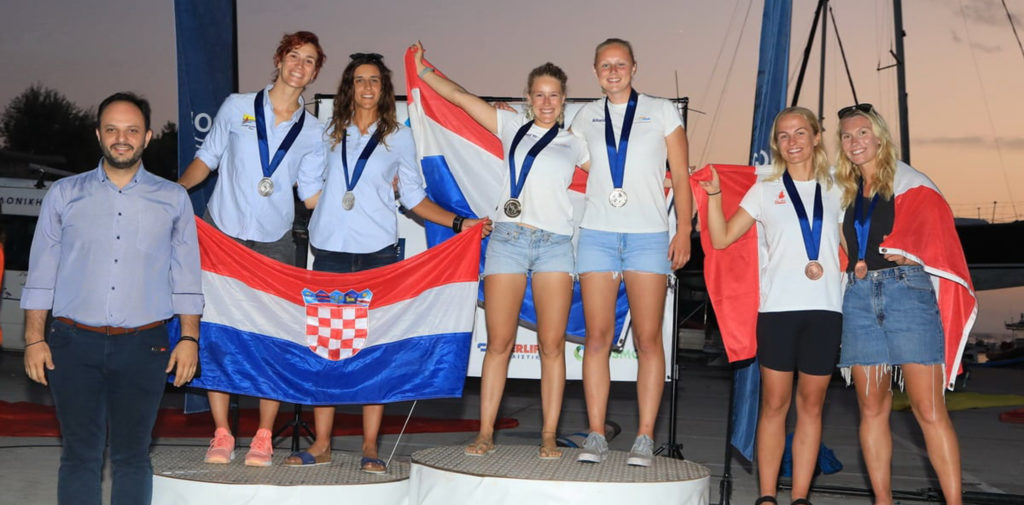 A High Performance summit was held in December. What came out of that?
A High Performance summit was held in December. What came out of that?
This retreat was a chance for Sail Canada to present our plan for 2024, solicit feedback on the plan as well as align the club, provinces and national programs in terms of performance as coaches and administrators from across Canada attended the retreat in Victoria, B.C.
In 2021, Sail Canada announced the creation of the Regional Training Centres. Where are we at in that respect?
We now have three Regional Training Centres based in the East, West and Central regions. The goal for each centre is to provide enhanced training opportunities for our national teams, as well as for the various provincial team and identified athletes who, on a select basis, can attend these opportunities. In addition, we are actively working with our Sport Science (IST) practitioners at each centre to enhance their performances and make sure that our great sailors become great athletes.
Sail Canada has High Performance training camps in Florida. How are our Canadians doing?
We currently have training camps in the 49erFX, 49er, ILCA 7 and two ILCA 6 groups in Florida. There have been some excellent performances, highlighted by Tom Ramshaw placing 2nd at the US Open Series in Lauderdale, as well as Arie Moffat and Sam Bonin placing 2nd in the 49er fleet at the US Open Series in Miami. In the 49erFX fleet, our Canadian athletes placed 1st, 2nd, 3rd and 4th overall.
We are looking forward to seeing how these performances carry over into the European circuit in 2022.
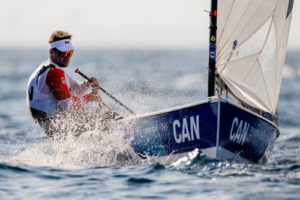
What are the major High Performance projects for 2022?
Our team continues to be focused on providing world class support and professional development to our coaches as well as on the process of using data analytics to measure performances and to identify gaps in our sailorsÛª skills.
What are we looking for/should we expect in 2022?
As we continue to increase our training loads, increase our coaching capacity and provide the right environment for success for our teams, we should expect increased performances from our developing athletes and sustained performances from our Canadian team members.

